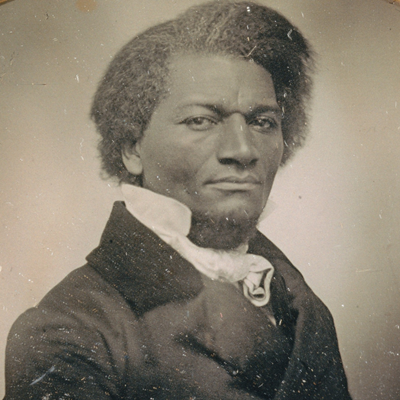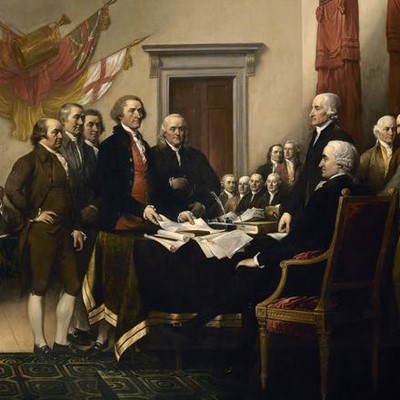
When you develop a speech using a written script, you have the opportunity to find the best words, shorten sentences, and cut out the fluff. Even if you don't edit your lines to perfection, you're still unlikely to write um, okay or right at the end of every sentence.
When you speak from bullets, make a PowerPoint presentation, or completely ad lib your remarks, you lose that filter. Often, bad habits sneak back in, you ramble or you repeat crutch words, totally unaware you're doing it.
What can an extemporaneous speaker do?
You can videotape yourself. Or you can ask a colleague to watch and give feedback. These are methods we rely on all the time.
But thanks to the two years we've just spent on Zoom, we've come across another way to spot bad habits in the name of addressing them.
Want to practice an unscripted presentation or prepare for an interview? Want to take a detailed look at how a presentation went or evaluate your comments when you were part of a panel discussion?
Try this:
- Record your presentation or interview--a rehearsal, if at all possible, or the actual thing if you can't rehearse. It's especially easy to record on Zoom. Or you can use your phone.
- Get a transcript made of the video. There are a number of easy voice to text options, and you may already have a favorite. We've been using Otter.ai lately, which offers a free basic service if you'd like to give it a try. You upload your file to their site, and a transcript is generated fairly quickly.
- Before you watch the video, read your transcript. You'll quickly spot where you're getting wordy and what your favorite default filler phrases are.
- Then, watch your video and see how the words you just read on the page work—or don't.
In an extemporaneous presentation, it can be hard to speak in lean, crisp sentences. Sometimes that's okay. It's part of what audiences like about an unscripted talk—the natural, conversational imperfection of it.
These easy-to-get transcripts aren't perfect either. (For example, Otter.ai translates our local town, Bethune, into Buffoon, and we try not to take offense.) But they are revealing.
"The pledge drive has everything going against it as broadcasting. It's repetitive. It's ad-libbed by people who can't ad-lib. It's about asking for money, which is something nobody wants to hear, even from their own relatives."
– NPR host Ira Glass
A text for the unscripted
Imperfect as they may be, transcripts are enlightening—almost like the flip side of a first draft script.
You may be thrilled to find that you're naturally eloquent and don't need much polishing. Or you may see that you're using twice as many words as you need to make your point.
With the transcript in hand, you can keep what you like, revise what you don't, and try again.
For those who dread writing speeches but believe that they should, this might be a way to get to a first draft more quickly.
It's also another way to evaluate your answers to questions and see how well you're getting your story across in an interview or customer conversation.






